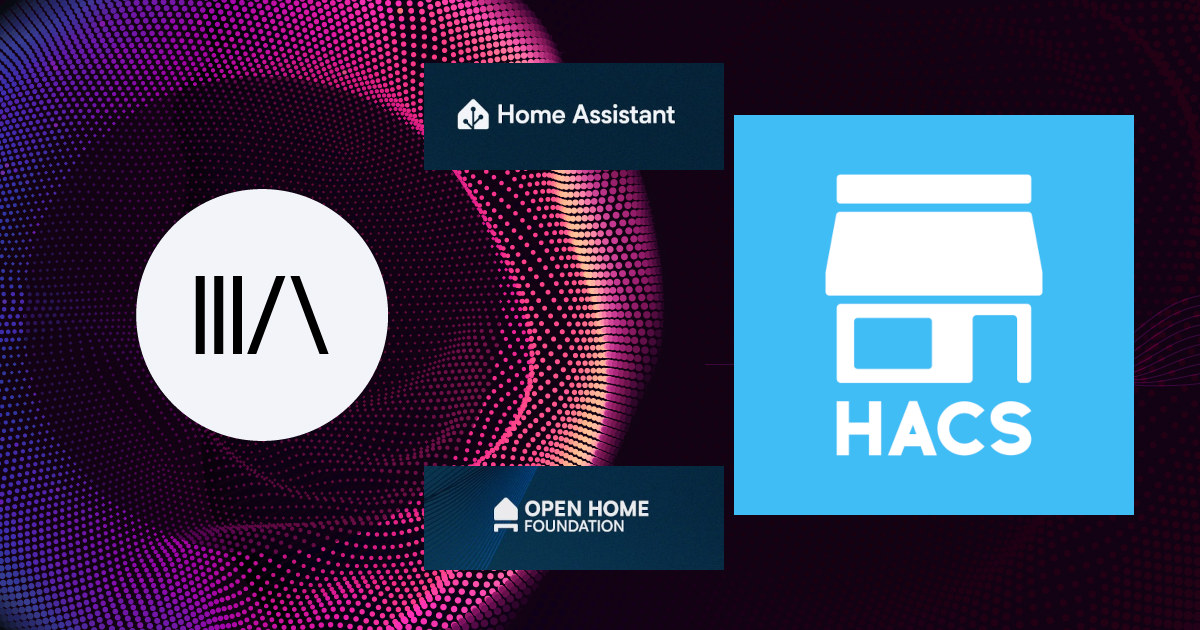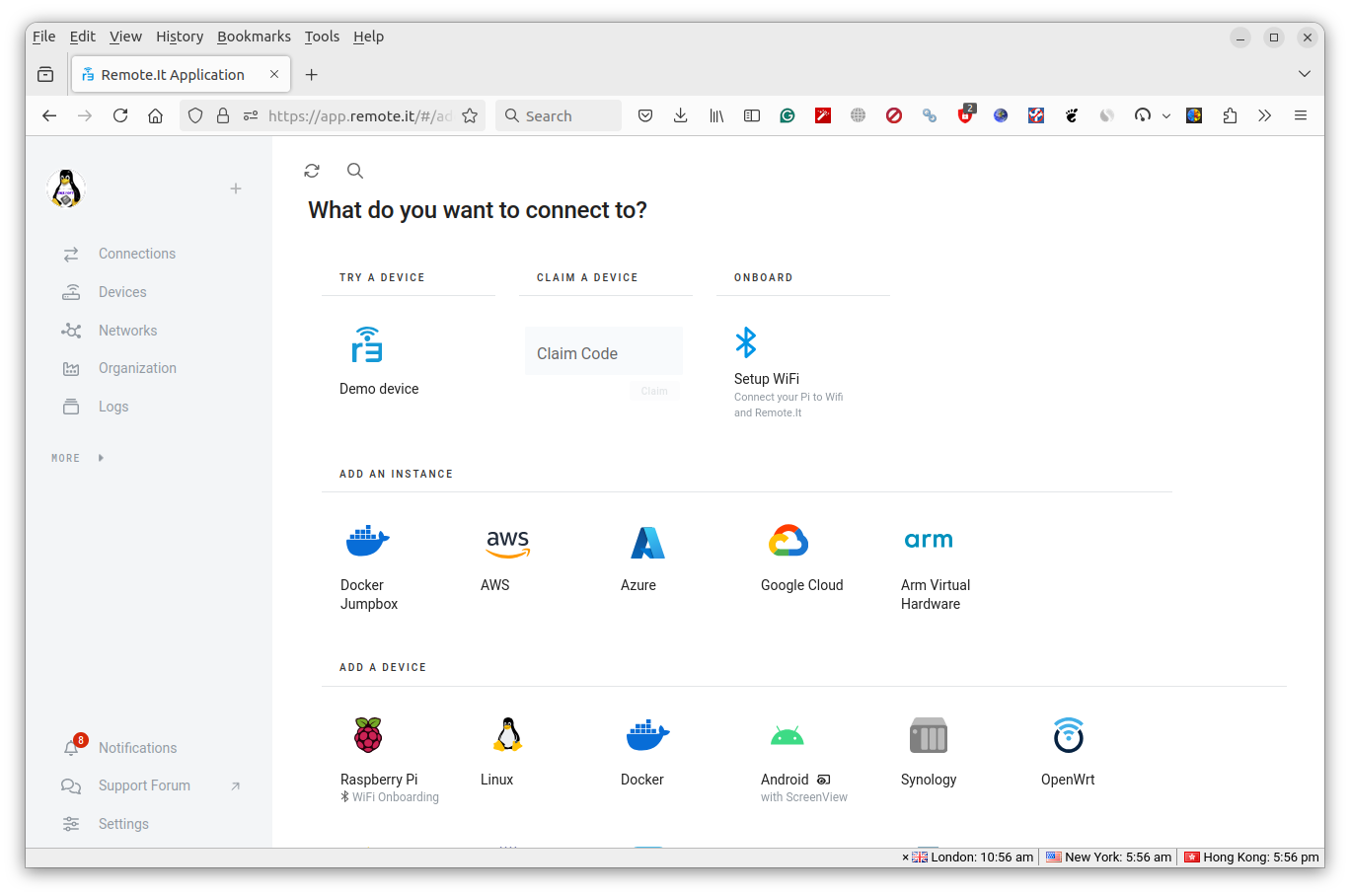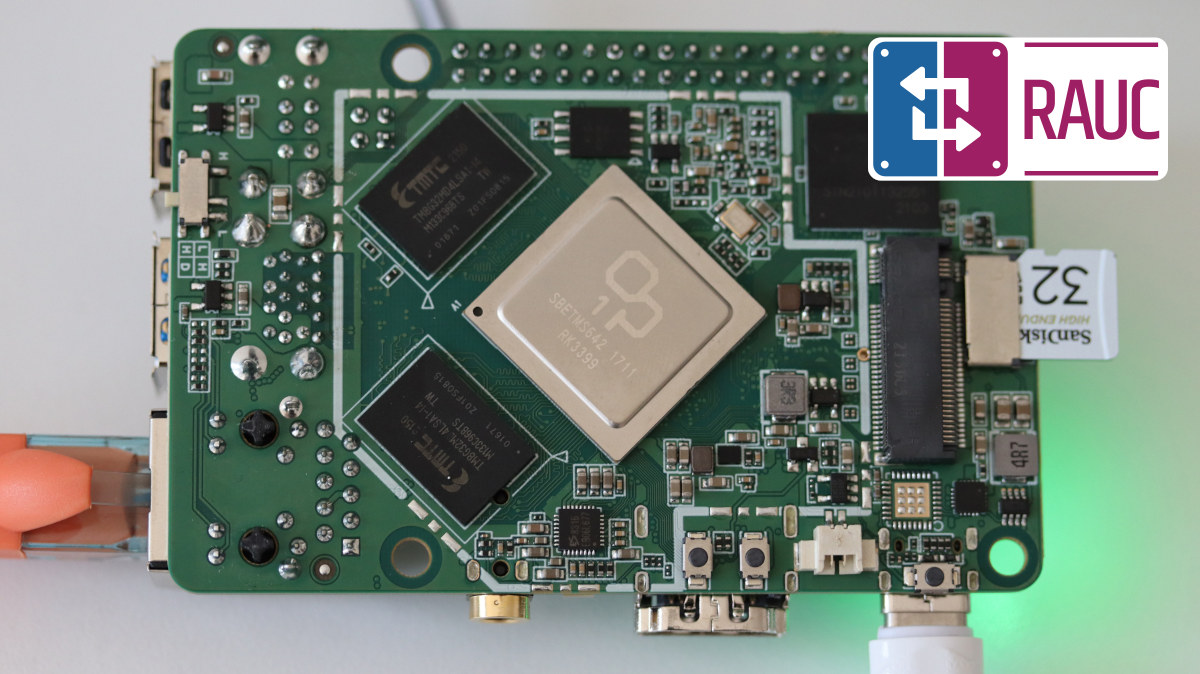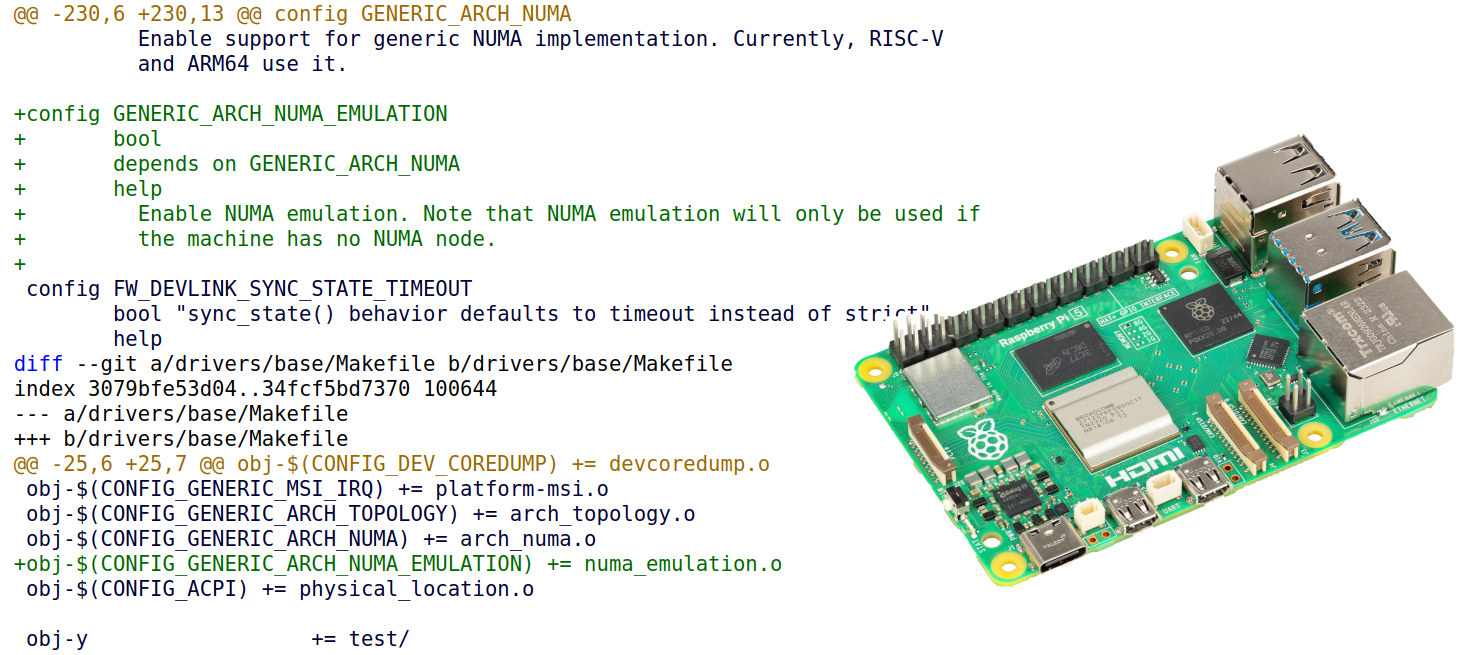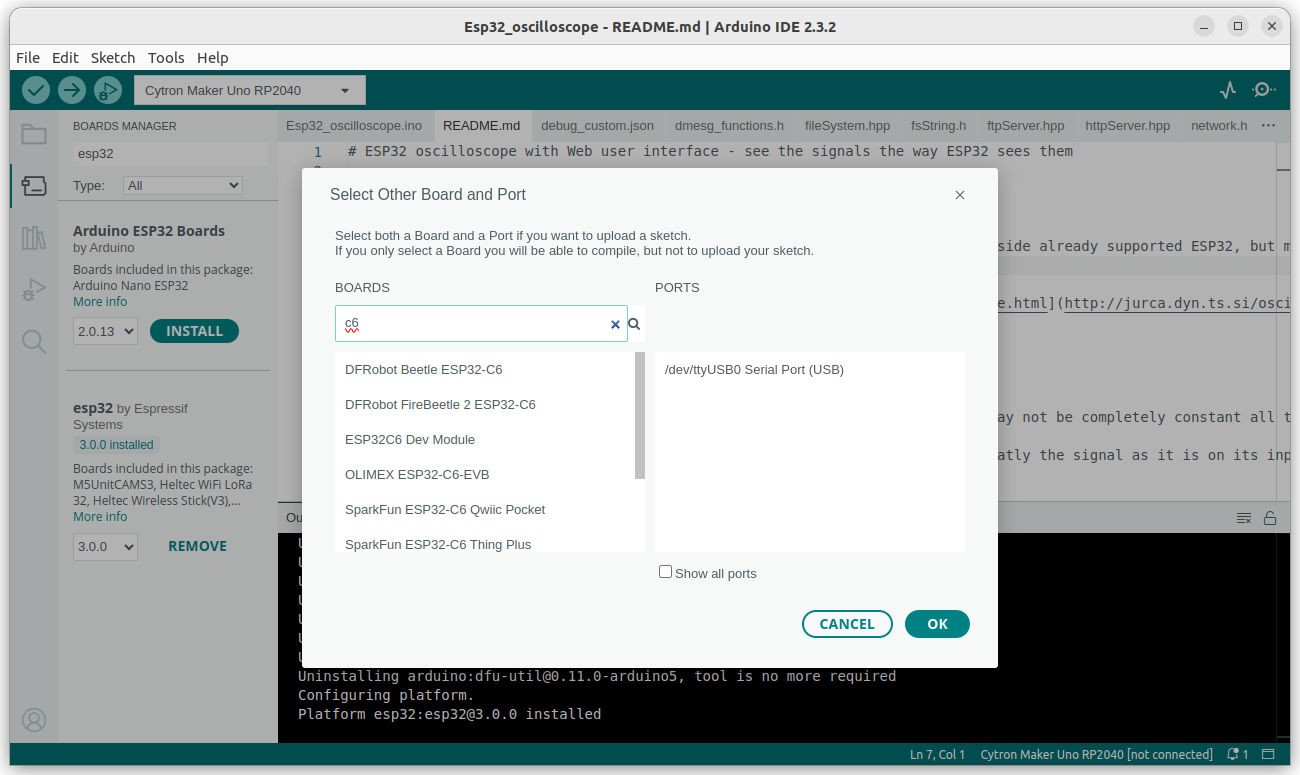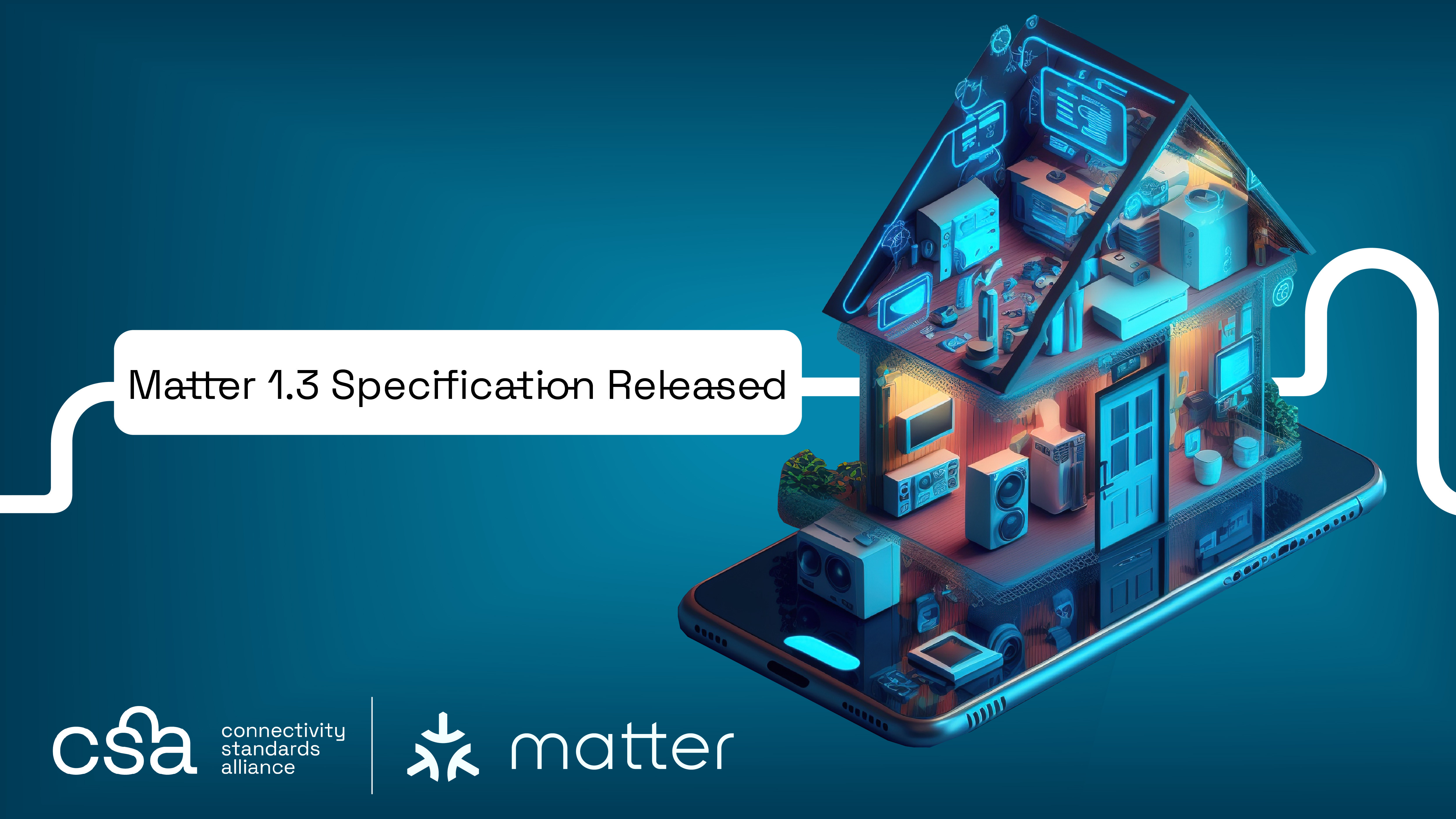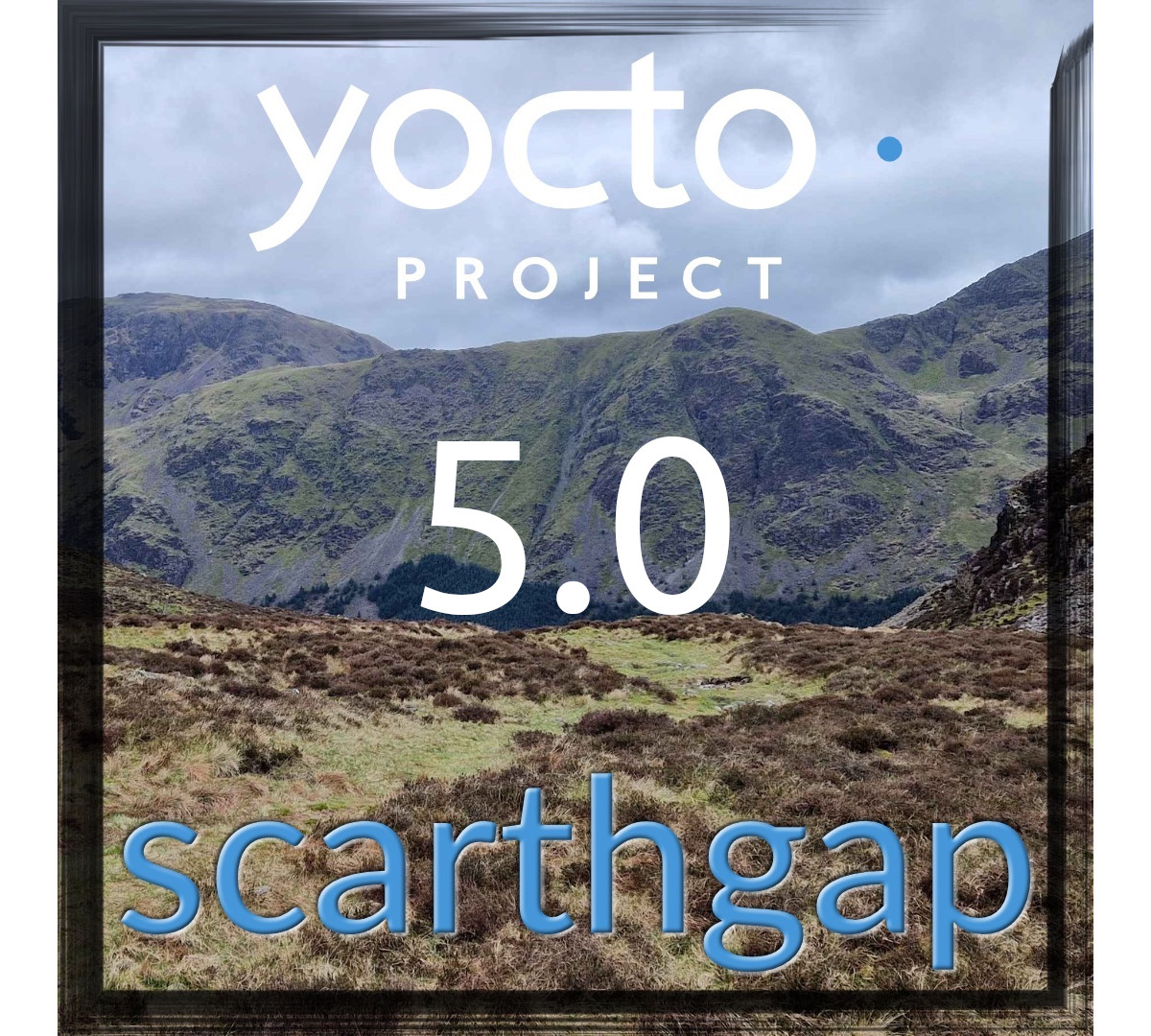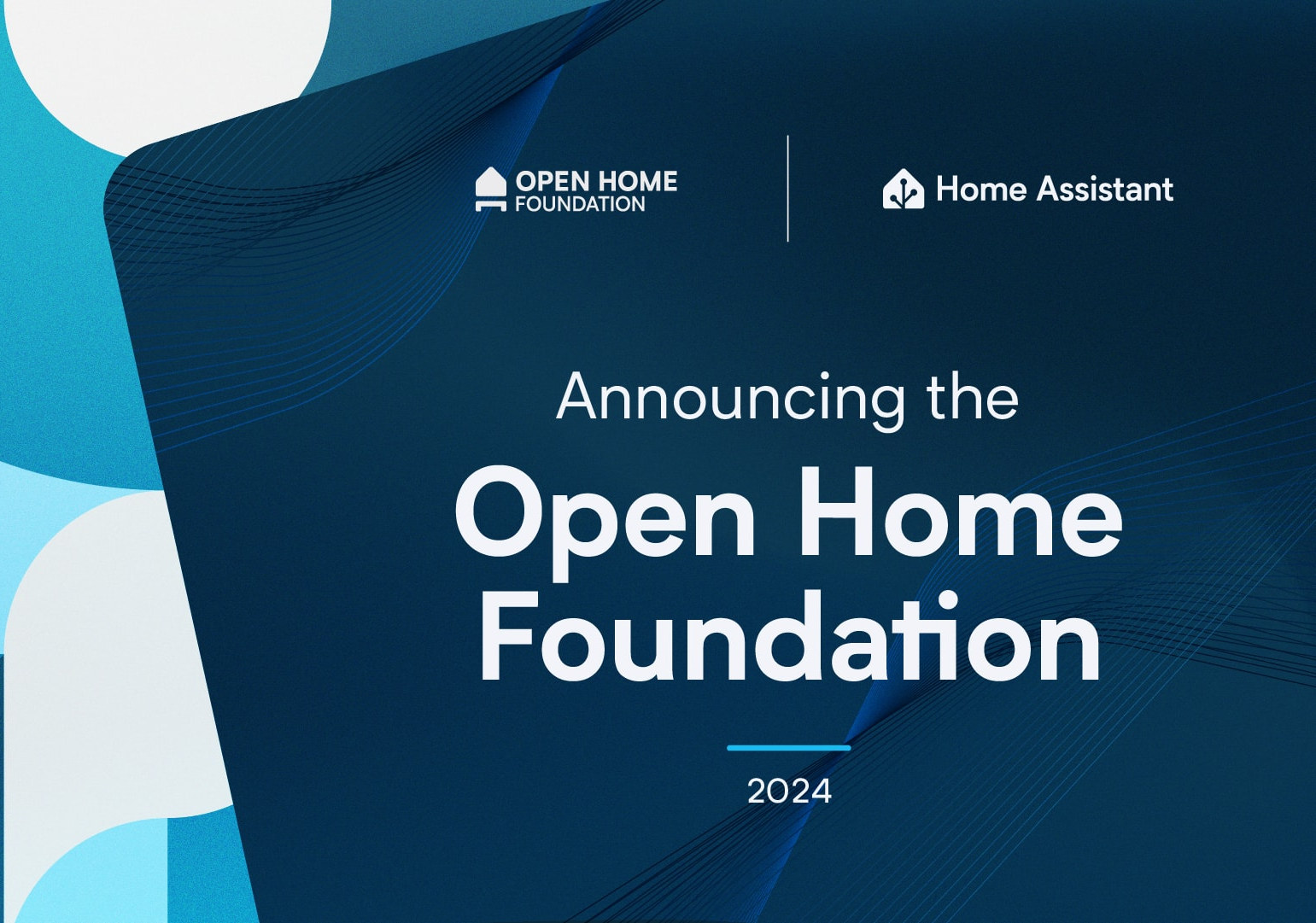HACS, microWakeWord, and Music Assistant projects have joined the Open Home Foundation launched a few months ago to manage open-source projects related to Home Assistant and Smart Home applications in general separating them from Nabu Casa’s commercial activities. Note the HACS, microWakeWord, and Music Assistant projects will not operate directly under the Open Home Foundation’s umbrella, but they are external projects that the foundation collaborates on since it believes those are projects worth investing in to further develop the Smart Home ecosystem. Let’s have a quick look at the three projects. Home Assistant Community Store (HACS) is the most used custom integration for Home Assistant and allows users to easily install custom integrations, cards, and themes. Music Assistant gives users control over their media players and audio files handling both local music collection and music streaming services so that users can play any tune anywhere in their house without restrictions. […]
Remote.It adds Bluetooth assisted WiFi configuration to Raspberry Pi SBC’s
Remote.It, a company providing remote access services, has released an open-source project to enable Raspberry Pi WiFi network configuration using Bluetooth (BLE), so users can easily configure WiFi on the board by simply using their smartphone. Configuring WiFi on a Raspberry Pi usually involves either: Manual configuration – The user connects a monitor and keyboard to the Raspberry Pi to configure the wireless network directly on the device. Pre-configured SD cards, NVMe SSDs, or USB drives – The WiFi ESSID and password can be set in Raspberry Pi USB imager, and the Raspberry Pi will automatically connect to the network at boot time. That’s quick, but less flexible since the credentials can’t be modified after deployment, and it only works when using a single wireless network. Remote.It offers a third option for WiFi provisioning using Bluetooth LE. The Raspberry Pi can run headless or fully enclosed into a product, and […]
RAUC open-source OTA update solution for embedded Linux ported to Rock Pi 4 SBC
RAUC open-source OTA update solution enabling A/B updates for embedded Linux images has recently been ported to the Radxa Rock Pi 4 Model B SBC powered by a Rockchip OP1 SoC by the project’s maintainer, Leon Anavi working for Konsulto Group. If you run a Linux distribution like Ubuntu, Debian, or Fedora, packages and OS images are taken care of automatically or by running a few commands. However, software engineers who build custom embedded Linux images with the Yocto Project or Buildroot must handle this themselves. Luckily, there are already open-source OTA firmware update solutions such as Mender, Balena, Torizon, OSTree, Snap, or RAUC, and we’ll look at the latter today. RAUC (Robust Auto-Update Controller) was started by Pengutronix in 2015 and eventually adopted by the community. It’s a lightweight update client that runs on an Embedded Linux device and controls the A/B update procedure when a new firmware revision […]
NUMA emulation patch boosts Geekbench 6 benchmark results by up to 18% on Raspberry Pi 5
Igalia Engineer, Tvrtko Ursulin has recently submitted a patch to the Linux kernel adding a NUMA (Non-Uniform Memory Access) emulation implementation for arm64 platforms that boosts the performance of 64-bit Arm targets by “splitting the physical RAM into chunks and utilizing an allocation policy to better utilize parallelism in physical memory chip organization”.
The NUMA emulation implementation was tested on a Raspberry Pi 5 SBC and the Geekbench 6 single-core score improved by 6%, while the multi-core score boosted by 18% after splitting into four emulated NUMA nodes. In other words, that’s like having a Broadcom BCM2712 CPU overclocked from 2.4 GHz up to 2.83 GHz.
Espressif releases Arduino ESP32 Core 3.0.0, but PlatformIO support is in doubt
We previously noted the ESP32 Arduino Core 3.0.0 Alpha release added support for ESP32-C6 and ESP32-H2 among other changes. The good news is that Arduino ESP32 Core 3.0.0 is now considered stable, and was released a few days ago based on the ESP-IDF 5.1.4 framework. Users of the Arduino IDE can use it straight away, but as we’ll discuss in more detail below it’s unclear whether PlatformIO will be (officially) supported. There have been many changes since we wrote about the Alpha2 release in November 2023 with 327 commits from 96 contributors. Some of the most recent changes (compared to RC3) include: Updated ESPDuino with extra options (CPU freq and Partition) Add support for WeAct Studio ESP32C3 Attach ETH events at the correct place Enable the possibility to use SPI ETH with only 4 wires Fix ETH.end() Fix ETH.stop() with IDF SPI Nano ESP32: delete programmer.default entry (on main) due […]
Matter 1.3 specification adds support for water and energy management, electric vehicle chargers, and various household appliances
The Connectivity Standard Alliance (CSA) has just announced the release of the Matter 1.3 specification and SDK with energy reporting, support for water and energy management devices, electric vehicle chargers, several new “major appliances”, namely various kitchen appliances and laundry dryers, and various other features. As a reminder the Matter protocol was initially introduced several years ago under the name Project CHIP to improve the interoperability of Smart Home devices from various vendors, so for example, users could connect a Matter-compatible Philips Hue light bulb to a Samsung gateway, or a white-brand Matter sensor with Google Home, etc… Matter started to pick last year with several products launched, and Paisit notably reviewed the MINI Extreme Wi-Fi Smart Switch (MINIR4M), the first Matter device from SONOFF, last October. Matter 1.3 adds various new capabilities and devices. Matter 1.3 highlights: Support for Water and Energy Management Devices Energy Management – Matter 1.3 […]
Yocto Project 5.0 “Scarthgap” released with Linux 6.6 and plenty of changes
The Yocto Project 5.0 codenamed “Scarthgap” has just been released with Linux 6.6, glibc 2.39, LLVM 18.1, and over 300 other recipe upgrades. As a result of the release, the developers have made it available for download (bz2 tarball). The Yocto Project, or Yocto for shorts, is a popular framework used to create custom embedded Linux distributions, and we’ve played with it over the year showing how to create a minimal image for the Raspberry Pi, and last year, we used it again when reviewing two industrial development boards, namely the VOIPAC IMX8M and ADLINK i-Pi SMARC 1200. Yocto is quite a powerful framework/build system with plenty of options that make it highly customizable, but the learning curve is fairly steep. Some other changes in Yocto Project 5.0 include: New variables: CVE_DB_INCR_UPDATE_AGE_THRES: Configure the maximum age of the internal CVE database for incremental update (instead of a full redownload). RPMBUILD_EXTRA_PARAMS: […]
The Open Home Foundation will manage Home Assistant, ESPHome, Zigpy among over 240 open-source Smart Home projects
The Open Home Foundation is a non-profit organization that will manage over 240 Smart Home projects, standards, drivers, and libraries including Home Assistant, ESPHome, Zigpy, Piper, and Improv Wi-Fi with the goal of “fight[ing] for the fundamental principles of privacy, choice, and sustainability for smart homes”. The non-profit was introduced during the “State of the Open Home 2024” (see video embedded at the end of this article) with Nabu Casa – the for-profit company behind Home Assistant – transferring all their projects to the new entity, and the Open Home Foundation will also help with the development of critical external projects such as Z-Wave JS, WLED, Rhasspy, and Zigbee2MQTT. The foundation further explains the goal of teaming multiple projects together in a stronger structure: We’ve done this to create a bulwark against surveillance capitalism, the risk of buyout, and open-source projects becoming abandonware. To an extent, this protection extends even […]


